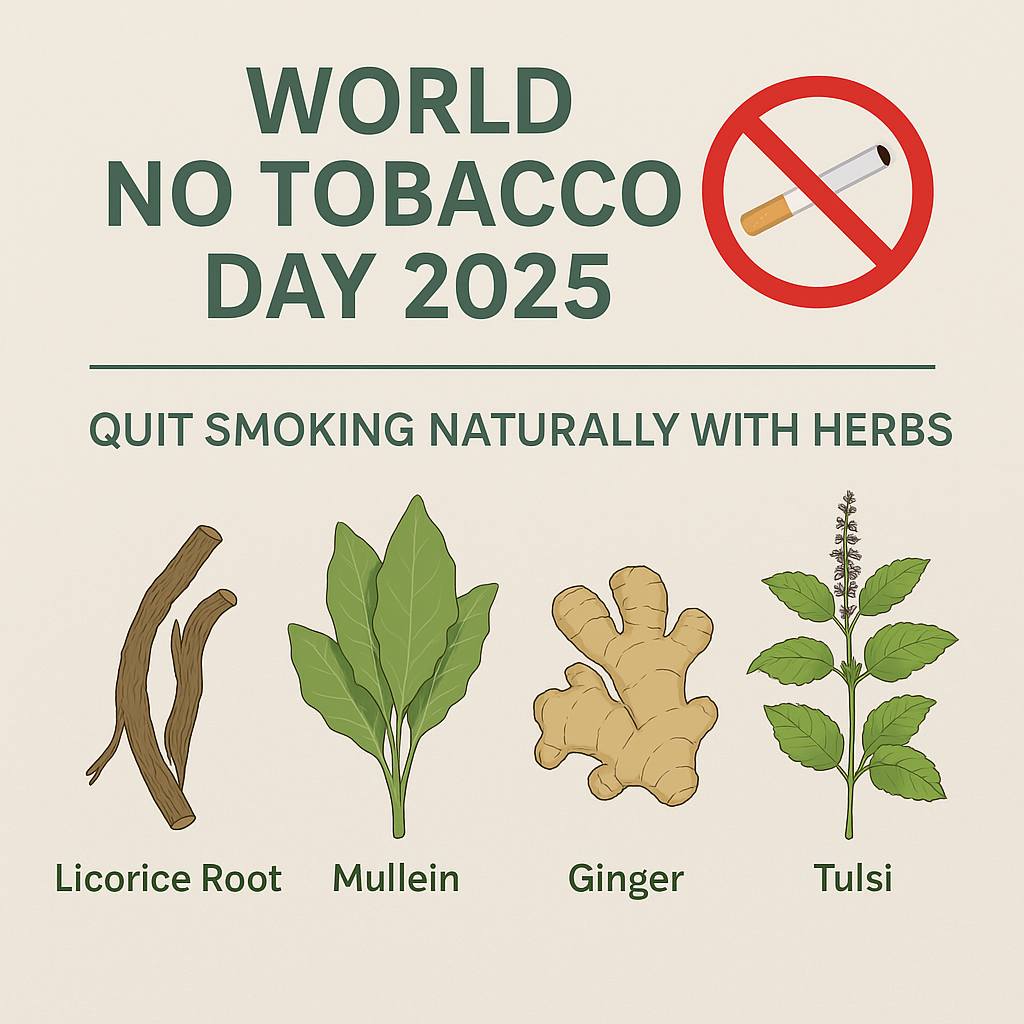Every year on May 31, the world observes World No Tobacco Day, an international health awareness campaign led by the World Health Organization (WHO). The purpose? To educate the public about the harmful effects of tobacco and encourage tobacco users to quit smoking for good. In 2025, the movement is more relevant than ever, urging action to protect health, especially among youth.
Why World No Tobacco Day 2025 Matters
Tobacco is one of the leading causes of preventable deaths worldwide, killing over 7 million people annually. Beyond causing lung cancer, tobacco consumption is linked to heart disease, stroke, and chronic respiratory diseases. Not to mention, second-hand smoke puts others at risk too — making this not just a personal health issue, but a public health emergency.
World No Tobacco Day 2025 shines a spotlight on these dangers while calling for collective action and effective policies to reduce tobacco use.
Theme of World No Tobacco Day 2025
“Unmasking the Appeal: Exposing Industry Tactics on Tobacco and Nicotine Products”
This year’s campaign uncovers how the tobacco and nicotine industries use clever marketing and misleading tactics to make harmful products look appealing—especially to teens and young adults. From flavored vapes to social media influencers, the industry targets vulnerable audiences. The WHO’s goal is to empower people to see through these tactics and make informed decisions.
5 Natural Herbs That Support Quitting Tobacco
Trying to quit smoking naturally? While nicotine withdrawal can be tough, there are ways to support your journey. Certain natural herbs for lung detox may help reduce cravings, cleanse the lungs, and ease the effects of quitting tobacco. These aren’t miracle cures, but they can be powerful allies.
Below are five herbs that support a tobacco-free lifestyle — all backed by traditional and alternative medicine wisdom.
1. Liquorice Root – The Craving Controller
Looking for a natural remedy to quit smoking? Liquorice root has been used for centuries for its sweet taste and medicinal benefits. It can soothe the throat, reduce nicotine cravings, and support respiratory health—especially helpful for those trying to manage withdrawal symptoms.
2. Mullein – The Lung Cleanser
Mullein is a traditional herb used to detox lungs from smoking. Known for its anti-inflammatory properties, mullein clears mucus, soothes airways, and promotes overall lung function. Try it as a tea or tincture to aid your smoking cessation process.
3. Ginger – The Detox Dynamo
Ginger does more than spice up your meals. It’s a natural anti-inflammatory that helps reduce tobacco-related nausea, improve digestion, and enhance blood circulation. It’s a great herb to include in your diet while quitting tobacco naturally.
4. Tulsi (Holy Basil) – The Stress Buster
Stress is one of the top triggers for smoking. Tulsi, a revered herb in Ayurveda, acts as an adaptogen, helping your body cope with stress and cravings. It’s also rich in antioxidants, making it ideal for improving respiratory health after quitting smoking.
5. Ginseng – The Recovery Root
Feeling drained while giving up tobacco? Ginseng supports energy, reduces fatigue, and helps balance your mood. Its adaptogenic properties make it useful during the withdrawal and recovery phase of your tobacco-free journey.
Stay Consistent and Seek Support
Quitting tobacco is a process. Whether you use natural herbs to quit smoking, practice meditation, or seek professional help, consistency is key. Combine these natural aids with a support system—family, friends, or professional counselors—to successfully quit smoking and reclaim your health.
Final Thoughts on World No Tobacco Day 2025
World No Tobacco Day 2025 reminds us that quitting tobacco isn’t just a personal win—it’s a public health milestone. By spreading awareness and promoting natural ways to quit smoking, we take steps toward a tobacco-free future. The sooner you quit, the sooner your body begins to heal. And with the help of these natural herbs, your journey to recovery can feel a little smoother.
Disclaimer:
This article is for informational purposes only and should not be considered medical advice. Always consult with a qualified healthcare professional before starting any herbal treatments or making changes to your health routine. This blog does not endorse any specific products or treatments.

👍👍